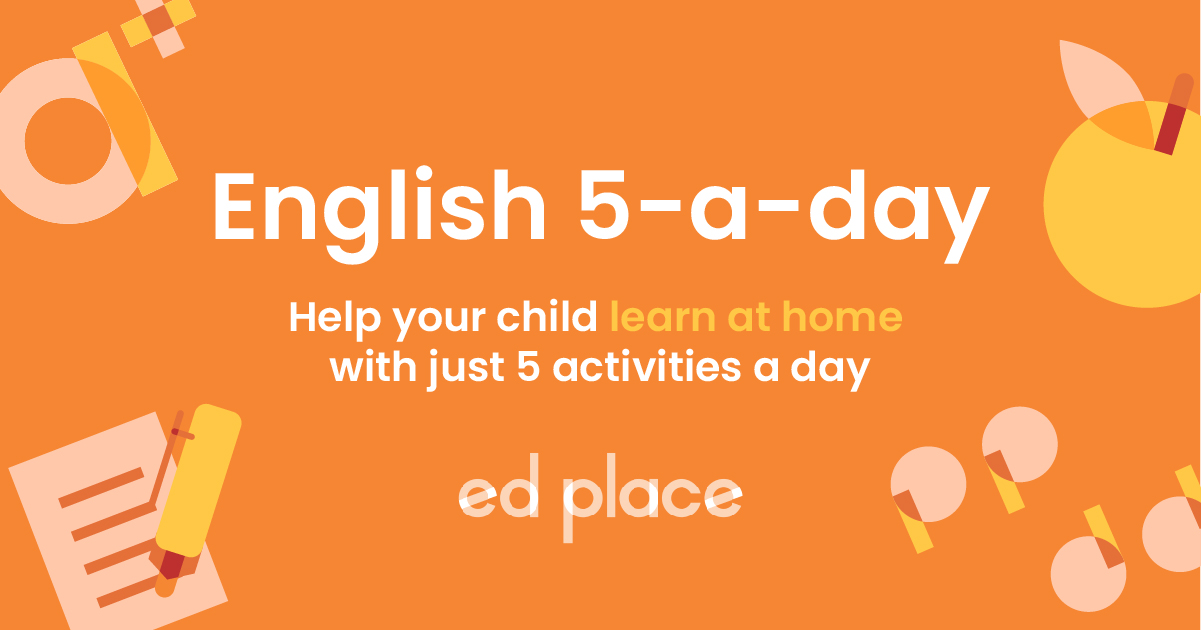What are the 2019 proposed homeschooling guidelines?

The Department for Education released fresh guidelines around homeschooling and proposed the introduction of a compulsory register of home educated children in the UK.
As it stands, there is no legal obligation for parents to be in touch with their local authority and there is no central or official record kept of children who do not attend a state-funded or a registered independent school. However, under the new government proposals, a register could potentially, become a reality.
On 2nd April 2019, the government released updated guidelines for local authorities and parents in regards to home education.
The guidelines are undoubtedly more comprehensive and have angered many in the home education community. The previous guidelines, initially published in 2007, ran to a full length of 18 pages. However, the latest release offers as many as 45 pages of guidance for local authorities.
What do the new proposed guidelines mean for homeschooling parents?
Across social media, there has been a huge outcry from home educating parents about the latest guidelines. There's a fear amongst many that dedicated home-educating parents will come under pressure from their local authorities and that the freedom enjoyed by homeschooling parents under UK law might be eroded.
Educational Freedom, a non-profit organisation run by home educators for home educators, released a statement following the new guidelines expressing their disappointment.
“There are many worrying statements and implied prejudice within the document…” the statement published on their Facebook page said.
The inclusion of children missing from registered education, but not being home educated, was classed as “disastrous and dangerous to those who are electively home educating. Any form of registration or monitoring of everyone in this new category is in effect accusing everyone of failing to educate their child without any evidence of such a failure.”
Currently, inconsistent approaches to home education from local authorities across the UK has led to a wide range of differing experiences of LA involvement for parents. However, under the new guidelines, there appears to be an implication that those who fail to provide sufficient evidence of a “suitable” education may then be flagged up for further safeguarding checks.
For example, section 6.5 of the new guidelines states that “the most obvious course of action is to ask parents for detailed information about the education they are providing. Parents are under no duty to respond to such enquiries, but if a parent does not respond, or responds without providing any information about the child’s education, then it will normally be justifiable for the authority to conclude that the child does not appear to be receiving suitable education…”
That being said, the document continued to say that in situations where there was little or no concern about the education being provided to a child, the contact with local authorities would most likely be very brief. (DfE Elective Home Education Guidelines for Local Authorities, section 5.4, page 16)
Education Freedom noted in their statement that allowing an individual LA to decide what denotes a “suitable” education is a risky practice. “The guidance talks about a suitable education but what that looks like is down to the parent, allowing the LA to make a judgement on that suitability is risky, “ it said.
There is a concern amongst home educators that families who are choosing to educate their children without following the traditional school approach of creating lesson plans and scheme of works, ect. might be seen to not be providing a “suitable” education.
In the fresh homeschooling guidelines for parents, the Department for Education states that: “there are no legal requirements for you as parents educating a child at home to do any of the following:
- Acquire specific qualifications for the task
- Have premises equipped to any particular standard
- Aim for the child to acquire any specific qualifications
- Teach the National Curriculum
- Provide a ‘broad and balanced’ curriculum
- Make detailed lesson plans in advance
- Give formal lessons
- Mark work done by the child
- Formally assess progress, or set development objectives
- Reproduce school type peer group socialisation
- Match school-based, age-specific standards
It is likely to be much easier for you to show that the education provided is suitable if attention has been paid to the breadth of the curriculum and its content, and the concepts of progress and assessment in relation to your child’s ability.” (DfE Elective Home Education Guidelines for Parents, section 2.12, page 8)
However, despite the outcry and concern being raised amongst many homeschooling families and communities, the Department for Education stresses in the updated guidelines that the “current legal framework is not a system for regulating home education per se or forcing parents to educate their children in any particular way. Instead, it is a system for identifying and dealing with children who… are not receiving an efficient suitable full-time education.” (DfE Elective Home Education Guidelines for Local Authorities, section 3.5, page 9)
“[The] register of children not in school is so important – not to crack down on those dedicated parents doing an admirable job of educating their children in their own homes, but to prevent vulnerable young people from vanishing under the radar,” Mr Hinds continued.
“We support the government’s attempts to ensure all children are in education but this should not be to the detriment of home educators,” Freedom Education concluded in its statement.

What’s the good news?
According to the Department for Education’s press release, as well as the proposed extra checks, the Government is also discussing proposals that local authorities should provide support to successfully home educating families. This support could include things such as teaching resources or financial support for expenses such as exam fees. As there is currently no financial help available for home educating parents, these proposals could herald a welcome change here.
Why have the new homeschooling guidelines been released?
The reasons for the new guidelines seem to be two-fold. The first being the increasing number of home-educated children – or children who are otherwise educated outside of the registered school system.
“Estimates suggest almost 60,000 children are deemed to be educated at home – a figure that is thought to be rising by around a quarter every year,” the Department for Education said in its latest release.
The second reason for the updated guidelines and proposals include a growing concern that an increasing number of children may be slipping through the nets and becoming invisible. There is a concern for the welfare of such children who might be assumed to be home educated, but however, are receiving no such provision, a solely religious education or are otherwise at risk of harm.
Education Secretary, Damian Hinds, said:
“The term ‘home education’ has now acquired a much broader meaning than it used to. It is now a catch-all phrase, used to refer to all children not in a registered school. So whilst this does include those actually getting a really good education at home, it also includes children who are not getting an education at all, or being educated in illegal schools where they are vulnerable to dangerous influences – the truth is, we just don’t know.”
So, what happens next?
At the moment, the home education community is going to need some time to really process the hefty new guidelines.
As it stands, there have been no changes to the law regarding a parent’s right to provide a suitable education for their child.
The 1996 Education Act remains unchanged in its section 7 statement that: “The parent of every child of compulsory school age shall cause him to receive efficient full-time education suitable (a) to his age, ability and aptitude, and (b) to any special educational needs he may have, either by regular attendance at school or otherwise.”
If you are a parent considering homeschooling your child we recommend getting in touch with your local home educating community and groups, or otherwise joining the online community in order to follow the latest facts, developments and opinions from other experienced home educators.
The following groups are in no way affiliated with EdPlace, but might offer a great starting point for parents considering home education who are concerned about the new guidelines:
- Home Education and your Local Authority: Help with dealing with officialdom
- Home Education UK Parliamentary and Media Monitoring & Action
Have your say!
You can also take the time to have your say on the new proposals for a register of home-educated children. The Department for Education have opened up the consultation window and it will remain open until 24th June 2019.
You can take part in the survey and share your opinions on the new proposals here: Consultation: Children Not in School and watch this space for future developments.









